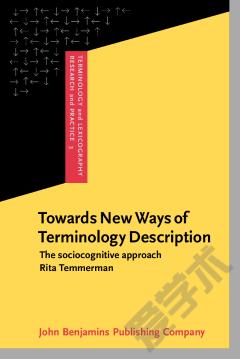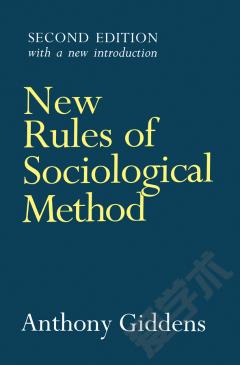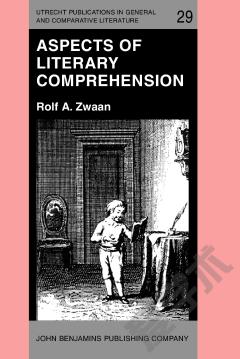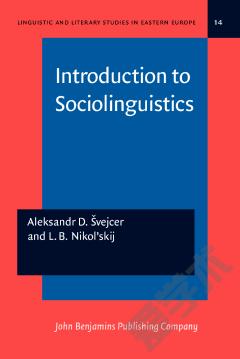Towards New Ways of Terminology Description. The sociocognitive approach.
Based on an empirical study of categorisation and lexicalisation processes in a corpus of scientific publications on the life sciences, Rita Temmerman questions the validity of traditional terminology theory. Her findings are that the traditional approach impedes a pragmatic and realistic description of a large number of categories and terms. Inspired by the cognitive sciences, she develops an alternative. The main principles of this new theory imply: a combined semasiological and onomasiological perspective; only few categories can be clearly delineated; form and content of definitions vary according to category types and user's requirements; synonymy and polysemy are functional in special language and a diachronic approach is unavoidable. This last principle implies the varying importance of historical information in definitions, the non-arbitrariness of lexicalisation and the importance of cognitive models.In a last chapter the author shows how the methods and principles of the alternative approach are applicable in terminography and how this is going to have an impact on software for terminological database construction.This book will be valuable for specialists in terminology theory, practising terminographers and for anybody interested in special language, cognitive models and prototype theory.
{{comment.content}}








 京公网安备 11010802027623号
京公网安备 11010802027623号